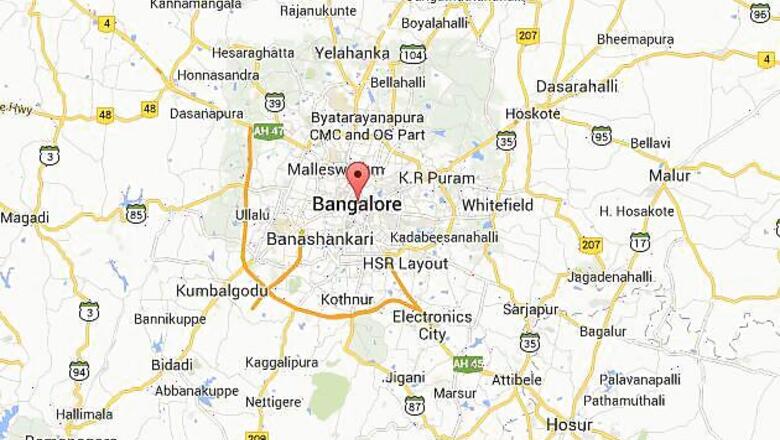
views
India's first trans-disciplinary health university -- Institute of Trans-disciplinary Health Sciences and Technology (IHST) -- opened in this tech hub on Sunday.
It would help create a new Indian model for integrative healthcare.
"I believe this is the only university in the country with a mandate to bridge Indian shastras (sacred texts) and western sciences. We will develop it into an IIT class of an institution for our traditional health sciences," Prime Minister's technology advisor and IHST chairman Sam Pitroda said on the occasion.
Located in the Foundation for Revitalisation of Local Health Traditions campus at Yelahanaka in the city's northern suburb, the institute is a brain child of Pitroda, who started the Foundation Trust two decades ago to pioneer projects that impact national policies and programmes in its chosen area of operations.
The Karnataka government has decided to grant the Foundation a private university status on the basis of its track record.
"The institute is a futuristic idea whose time had come. The idea is about modernisation of global healthcare by bridging traditional health science and practices of India with western biomedical sciences and technology," Pitroda, who also heads the National Innovation Council, told reporters.
Noting that the university's objective was to become an innovation platform to lower costs and enhance access, quality and reach of healthcare to masses, Pitroda said the institute would facilitate creation of transformative knowledge and original Indian contributions to medicine and health sciences.
"India can be a world leader in trans-disciplinary health sciences and technology because we have achieved a reasonable degree of competence in bio-medical and life sciences and possess a rich medical heritage," Pitroda asserted.
"For emergencies and surgery, allopathy is the first choice and for common ailments, it is ayurveda, siddha, unani, swarigpa or homoeopathy. Similarly, for chronic conditions, it may initially be allopathy and then a rebound to some other system, when there is insufficient relief," Pitroda pointed out.
The current reach of the state-sponsored health programme is estimated to be about 30 percent of the population and 69 percent of health expenditure of households is beyond the pocket.
National surveys also reveal that the second highest reason for rural indebtedness is due to "borrowing" for meeting health expenses.
"Self-reliance in community health is one of the key areas for trans-disciplinary intervention, based on the use of about 6,000 traditionally known medicinal plant species distributed across ecosystems and benefits of non-drug health practices like yoga," Pitroda observed.
"Trans-disciplinary research is an opportunity to innovate in the processes of research that will have a significant impact on society and history," Pitroda added.




















Comments
0 comment